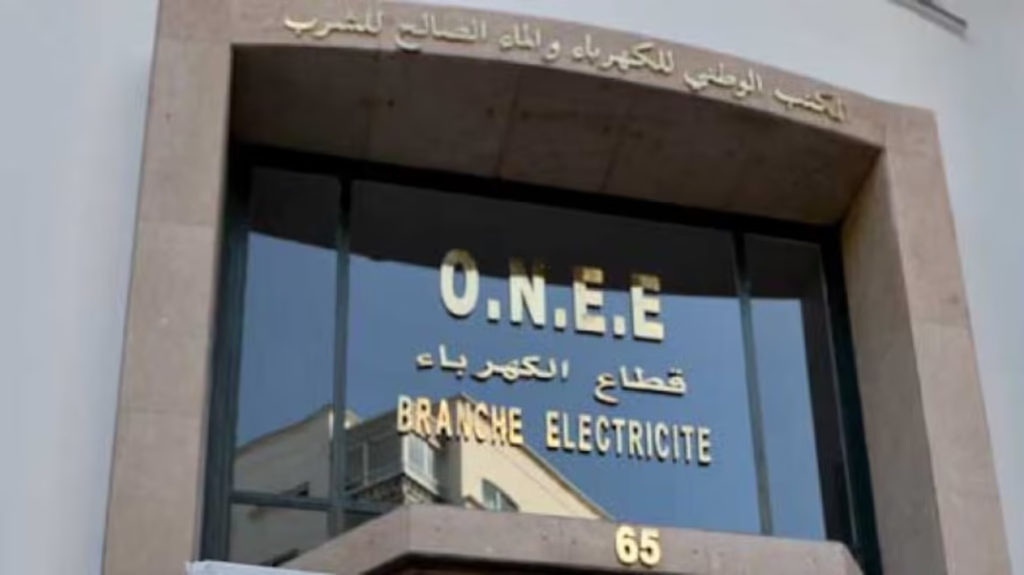After more than two years of negotiations, the European Bank for Reconstruction and Development (EBRD) has granted a loan of 300 million euros to the National Office of Electricity and Drinking Water (ONEE). This financing aims to stabilize the financial situation of the Office and to optimize the structure of its balance sheet, while supporting its efforts in energy transition.
A strategic financing to face the challenges of the sector
For several years, ONEE has had to deal with a growing demand for electricity, particularly in the industrial sector, while declining rainfall has reduced hydroelectric production. To compensate for this shortfall, the Office has had to resort to more expensive energy sources, in a context marked by a significant increase in fuel prices internationally.
This loan is therefore part of a strategy to diversify funding sources, ensuring the sustainability of the national electricity network and the stabilization of costs for consumers.
A sustainability-linked loan to accelerate the energy transition
Structured as a “Sustainability-Linked Loan”, this financing commits ONEE to reduce its CO₂ emissions and to increase the share of renewable energies in its energy mix. It is important to note that these funds will not be used to finance assets related to fossil fuels, in accordance with the environmental commitments made by the Office.
Furthermore, a Memorandum of Understanding signed in October 2023 between the EBRD and the Ministry of Energy Transition provides for enhanced support to accelerate the decarbonization of ONEE, strengthen its financial resilience, and promote the digitalization of the electricity sector.
Technical support to modernize energy governance
In addition to the loan, the EBRD will provide technical assistance to ONEE for the development of its sustainability framework, the development of a decarbonization strategy, and the improvement of its climate governance. Moreover, this assistance will also benefit the National Energy Regulatory Agency (ANRE), which is working on the accounting separation of ONEE and on the regulation of the electricity market.
Thanks to this financing, ONEE will be able to ensure its transition to a more sustainable energy model, while consolidating its financial stability and ensuring better resilience to fluctuations in the electricity market.
With Le Matin


